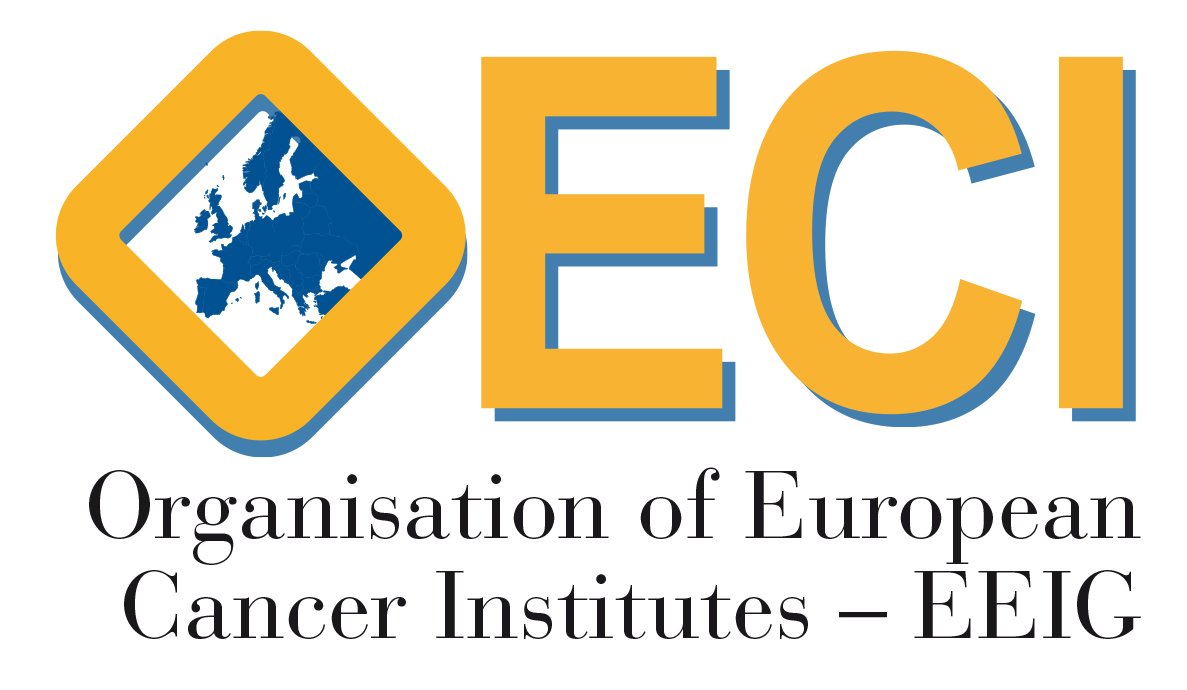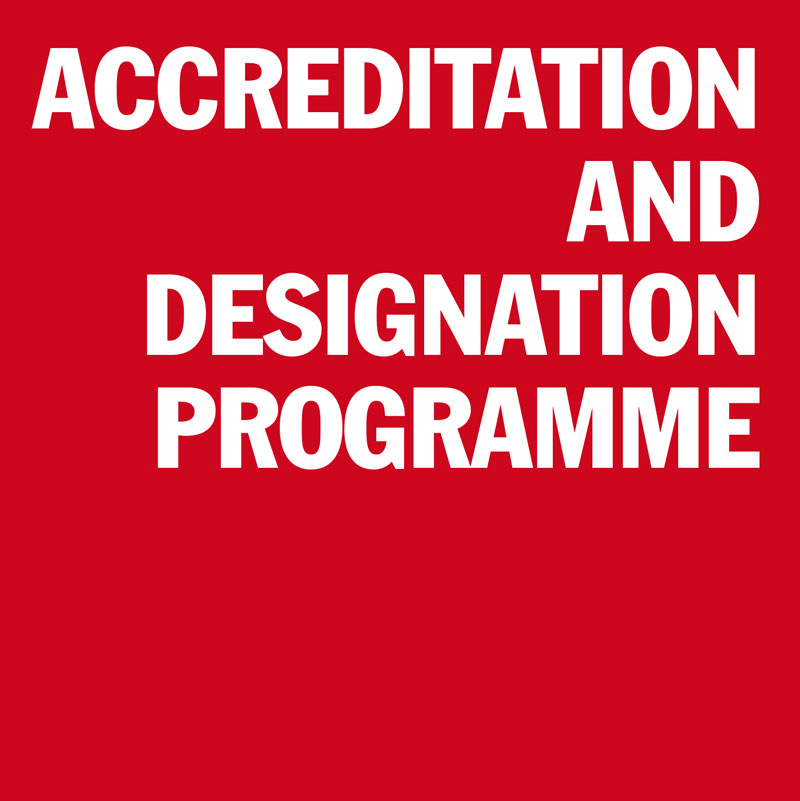A&D Programme Standards Revision – Experts meeting in Brussels on the 10th of April 2019
As an essential part of the long process of the 5-year major revision of the OECI Quality Standards, OECI held an experts meeting in Brussels on 10thApril. About 40 people were present, representing the OECI Board and Accreditation and Designation (A&D) Board and Accreditation Committee, our OECI Working Group Chairs, a selection of 8 OECI auditors, the 4 IKNL co-ordinators, and representatives from other significant European Cancer Societies. These were the patient groups ECPC and ECL, ESMO, Cancer Core Europe, EACS, ESTRO, EORTC, Cancer Prevention Europe, EONS, and ECCO.thAs an essential part of the long process of the 5-year major revision of the OECI Quality Standards, OECI held an experts meeting in Brussels on 10
The meeting was chaired by Simon Oberst, the Chair of the A&D Programme, and at the outset it was explained that this meeting was being held partway through a long process initiated by the A&D Board, which had already revised the chapter headings of the Standards, and introduced new and important Standards on: Molecular Diagnostics; Surgical Oncology; Radiotherapy; Pathology; Survivorship; and Prevention. At the meeting, parallel sessions were held on Patient-centredness; Multidisciplinarity; Palliative and Supportive Care; Molecular Diagnostics; Research and Education. In each of these sessions the input of the experts was received to clarify the standard, delete, or add standards, and to confirm whether the standards should be a Core Standard. The significance of designating a standard as ‘Core’ is that compliance with the core standards will be regarded as more vital than other standards, and that evidence of compliance will always be required in a Re-Accreditation of the centre.
Valuable input of the experts was received, and many of the standards were improved and re-crafted. In the afternoon sessions more general subjects were covered: the proposed streamlined Re-accreditation process (which will be explained in more detail at the Bari A&D session at the Oncology Days); the Designation Criteria for Clinical and Comprehensive Cancer Centres; and the relationship between organ-centred approaches to quality or accreditation and institution- or centre-wide quality accreditation programmes such as OECI. There was lively discussion on all these three topics. The Re-accreditation proposals were widely welcomed, which will reduce the burden on centres re-accrediting by not requiring a full upload of audit evidence on every single standard. All standards will still need to be scored, but only new Standards, Core Standards, and those previously scored other than ‘Yes’ by the Centre would require audit evidence to be uploaded. The Audit visit would remain 1.5 days with a team of 4 auditors, and the A&D fees would be the same as for a first Accreditation (the A&D work being of the same magnitude).
The Designation criteria were broadly confirmed as unchanged in terms of clinical minimum numbers, but the research criteria for Comprehensive Cancer Centres (CCCs) were clarified. A decision was made to re-name “Clinical Cancer Centres” as “OECI Cancer Centres”, on the grounds that many of these do have a research (although not the volume of CCCs) and the designation as “Clinical” might be misleading. Commensurate with that decision, minimum research criteria will be set for OECI Cancer Centres.
The discussion on the relationship between the OECI Centres approach to accreditation and organ-based approaches was wide-ranging. It was agreed that these approaches are complementary to one another, and that the landscape in Europe – especially around organ-centred approaches – is becoming more crowded, with various different sets of requirements including ECCO Essential Requirements for Quality in Cancer Care (ERQCC), the German Cancer Society Requirements, the European Commission Initiative in Breast Cancer, and the European Urology Association requirements for Prostate Cancer. Not all of the latter organ-based requirements have a fully-fledged Peer Review system around them, as OECI does. A strong point was made that patients and patient associations such as ECPC and ECL should, along with OECI, be making patients aware of detailed organ-based requirements such as the ECCO ERQCC series, as a means of ensuring that individual tumour teams comply and continuously improve, not just in large cancer centres, but where cancer is treated in general hospitals too.
This was a hard-working and successful event which will help the A&D Board shape the revised Standards for Manual 3.0 which will come into effect for applications after 1 January 2020. At the Bari Oncology Days the draft Standards will be explained, and OECI Members will have had a prior opportunity to see them and feed back on them. We feel sure that the resulting set of standards will be at the leading edge of cancer standards worldwide, assessing not only clinical care, but research and education as well.


